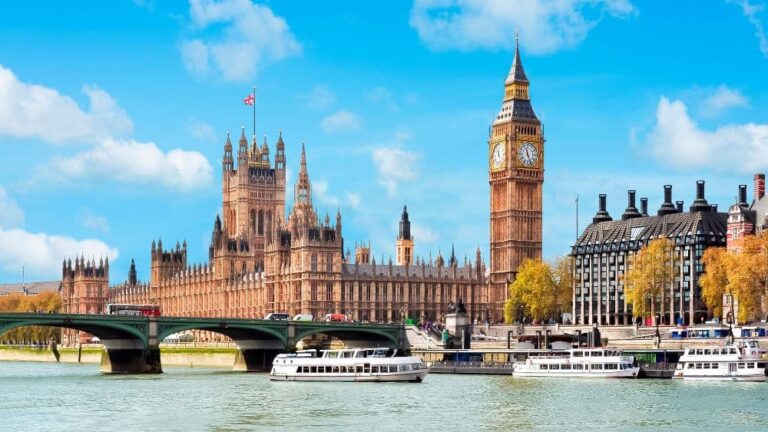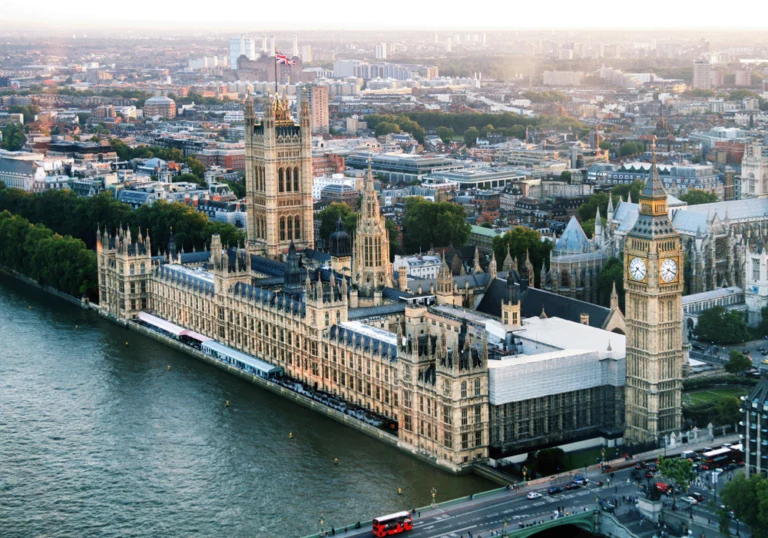
Budget burden falls on business owners – but will it deliver growth?
The long-expected Budget has now happened. In the end, it was pretty well all trailed in advance, much of it testing opinion and then discounting options. The most surprising thing is how harsh the impact of the employers’ national insurance (NIC) increase is on employers of lower-paid workers.
That looks unwise and may cause an unnecessary rise in business failures. The capital gains tax (CGT) rises were much as expected and at the softer end than they could have been. The inheritance tax increases also look manageable and again are not as severe as many feared. However, the impact does seem to pretty well all fall on the business sector – especially larger employers.
The Chancellor did stop short of increasing fuel duty – perhaps in order to try to keep inflation down – and has promised that the freeze on income tax thresholds and allowances will not be extended. However, 2028 is still some way off – so who knows?
There was also some amelioration of the impact of business rates on the high street. But stamp duty land tax (SDLT) has been increased for second homes, and the threshold for both first-time buyers and the 0% band will reduce from April 2025. Other changes are much as announced in the Labour manifesto (more or less).
Rachel Reeves was determined to increase investment spending by the Government – that is largely spending on buildings and structures that in turn help leverage growth. Hospitals, schools, road improvements, new railways, etc.
There is plenty of history of such investment boosting an economy – from 19th century public works to Roosevelt’s New Deal. However, there are also echoes of five-year plans and more command-and-control style economies. Regardless of the look and feel of such spending, the big difficulty I see is the capacity of the private sector to deliver without producing inflation. I spoke to a director of a large construction business last week and their order book is full for the next two and half years.
If this spending is to boost growth then it seems to me that it is likely to take time, although my concern is that the politicians want to put the pedal to the metal too quickly and it stokes inflation instead. The Office for Budget Responsibility (OBR) doesn’t think that it will.
As a result of the Budget, there is around an extra £70 billion per year of spending – two thirds on day-to-day spending and one third on investment spending. About half the spending (£36 billion per year) comes from tax rises, with the rest funded by borrowing (£32 billion per year).
That means about £10 billion per year of day-to-day spending is funded by debt. Whether that is fiscally prudent or not is debatable, but it is extra borrowing each year that has nothing to do with investment. Even then, much like beauty, what is day-to-day spending or investment is probably in the eye of the beholder.
These are not small numbers. The additional spending splurge is expansionary and inflationary and it boosts the economy in 2025. However, looking at the OBR’s growth and inflation forecasts, the growth cools after 2026. Some of that is because spending is higher in the earlier years relative to tax revenue, with tax revenue catching up as inheritance tax, capital gains tax and increased HM Revenue & Customs enquiry activity kicks in.
Business owners will feel unfairly picked on. The revenue raising is almost all coming from entrepreneurial activity. It’s a big increase in spending, with employers principally paying for it.
Those employers that have large workforces of mainly lower-paid employees are particularly badly hit. The extra employers’ national insurance is an extra £615 per employee on the first £9,000 of earnings. The additional employment allowance will help those with fewer than 10 employees, but those with larger workforces face a big increase in their costs from April 2025.
The position is particularly acute for hospitality businesses in the South West and also for care sector providers. This is exacerbated by the increases in the national living wage. The Government may want to have a high-wage, high-skill economy, but you can’t just wish it into existence.
For the hospitality sector, there is only so much you can charge for a plate of food. Prices have moved up considerably in the last few years. Customers need the stability that has been promised, and price stability is the most important of all. In that respect, the measures to give further business rates relief to the high street are to be welcomed.
For the care sector, there is a limit to what individuals can self-fund and how quickly will government-funded care packages increase to support those businesses? There are many owners who will be having sleepless nights and our accounting and financial advice is going to be as important as ever.
The question many business owners will be asking is whether it is worth the effort. Apart from disparaging remarks about them by some government ministers, which were hardly motivational, the after-tax returns from building up a business are being curtailed.
CGT is increasing – not by as much as feared, but it is still further reducing the upside. As far as succession is concerned, then passing on the family business is going to be more difficult. Achievable with good advice, but the danger is that this detracts from the energy needed to build a successful business.
My advice to all business owners is to take time to consider and reflect on the changes announced, take advice and make considered long-term plans for the future. What are the options? Reduce headcount, reduce future pay increases or increase prices. Ultimately, for most it will be about increasing prices, although technology and particularly AI might be an option.
It’s not an easy time to be a business owner – but then no one ever set up a business because it was easy.
For more analysis, visit our Budget hub.












